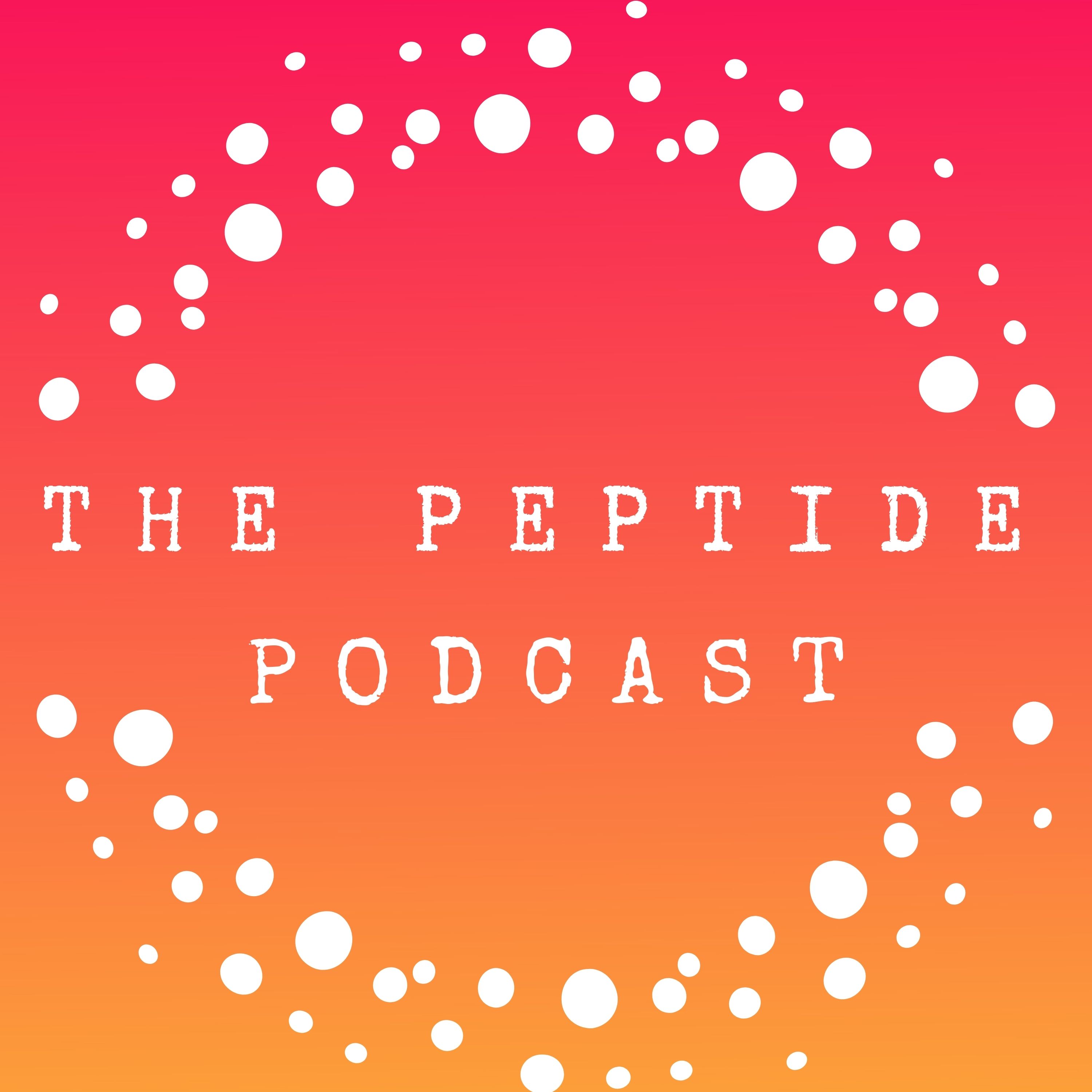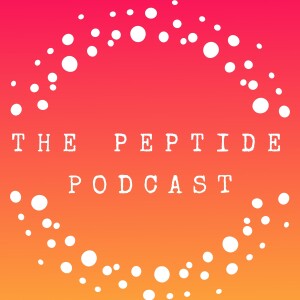
In the intricate dance of human reproduction, a peptide called Kisspeptin plays an important role in guiding the timing of ovulation in women and the production of sperm in men. Its discovery has sparked a wave of excitement in the field of reproductive medicine, offering new insights and potential treatments for those facing fertility challenges.
In this podcast, we’ll talk about how kisspeptin works for fertility issues and much more.
What is Kisspeptin?
Kisspeptin is a neuropeptide that plays a vital role in reproduction, sexual behavior, and attraction. It enhances brain activity linked with sexual arousal and attraction while also prompting the release of gonadotropin-releasing hormone (GnRH) from the hypothalamus. This, in turn, triggers the pituitary gland to release luteinizing hormone (LH) and follicle-stimulating hormone (FSH), which are crucial for testosterone and estradiol production.
The controlled stimulation of LH and FSH by Kisspeptin offers a potential advantage over mainstay fertility treatments. This is because it may reduce the risk of ovarian overstimulation often associated with hormonal injections. Because of this, Kisspeptin is currently being studied as a promising alternative to current fertility treatment protocols.
Moreover, Kisspeptin’s ability to elevate LH and FSH levels may hold promise for men undergoing testosterone replacement therapy (TRT) programs. In cases where exogenous testosterone has led to decreased LH or FSH levels, Kisspeptin could offer a solution to restore hormonal balance.
How Does Kisspeptin Work for Fertility Issues?
Kisspeptin exerts its effects on fertility primarily through the hypothalamic-pituitary-gonadal (HPG) axis, a complex network of interactions between the brain and reproductive organs. In women, kisspeptin stimulates the release of gonadotropin-releasing hormone (GnRH) from the hypothalamus, which then triggers the secretion of luteinizing hormone (LH) and follicle-stimulating hormone (FSH) from the pituitary gland. These hormones, in turn, regulate the menstrual cycle and ovulation.
In men, kisspeptin plays a similar role in stimulating GnRH release, which then prompts the production of LH and FSH, essential for spermatogenesis and testosterone production. Thus, kisspeptin is crucial for both female and male fertility.
Utilizing Kisspeptin in Fertility Treatments:
For individuals experiencing fertility issues, especially those related to irregular menstrual cycles or anovulation (lack of ovulation), kisspeptin has emerged as a promising therapeutic option. In clinical settings, synthetic forms of kisspeptin are administered via injection to stimulate the HPG axis and induce ovulation in women or improve sperm production in men.
Common Kisspeptin Side Effects:
While kisspeptin therapy is generally well-tolerated, like any medication, it can cause side effects. Common side effects may include:
-
Injection site reactions: Pain, swelling, or redness at the injection site.
-
Nausea or vomiting: Some individuals may experience gastrointestinal symptoms following kisspeptin administration.
-
Headaches: Mild to moderate headaches have been reported in some cases.
-
Hot flashes: Temporary episodes of feeling flushed or overheated may occur.
It's important to note that the occurrence and severity of side effects can vary among individuals, and not everyone will experience them.
Thanks again for listening to The Peptide Podcast. We love having you as part of our community. If you love this podcast, please share it with your friends and family on social media, and have a happy, healthy week!
We’re huge advocates of elevating your health game with nutrition, supplements, and vitamins. Whether it’s a daily boost or targeted support, we trust and use Momentous products to supercharge our wellness journey.
Momentous only uses the highest-quality ingredients, and every single product is rigorously tested by independent third parties to ensure their products deliver on their promise to bring you the best supplements on the market.
More Episodes
 2023-06-01
2023-06-01
 2023-05-25
2023-05-25
 2023-05-18
2023-05-18
 2023-05-04
2023-05-04
 2023-04-27
2023-04-27
 2023-04-13
2023-04-13
 2023-04-06
2023-04-06
 2023-03-30
2023-03-30
 2023-03-23
2023-03-23
 2023-03-16
2023-03-16
 2023-03-09
2023-03-09
 2023-03-02
2023-03-02
 2023-02-23
2023-02-23
 2023-02-09
2023-02-09
Create your
podcast in
minutes
- Full-featured podcast site
- Unlimited storage and bandwidth
- Comprehensive podcast stats
- Distribute to Apple Podcasts, Spotify, and more
- Make money with your podcast
It is Free
- Privacy Policy
- Cookie Policy
- Terms of Use
- Consent Preferences
- Copyright © 2015-2024 Podbean.com






